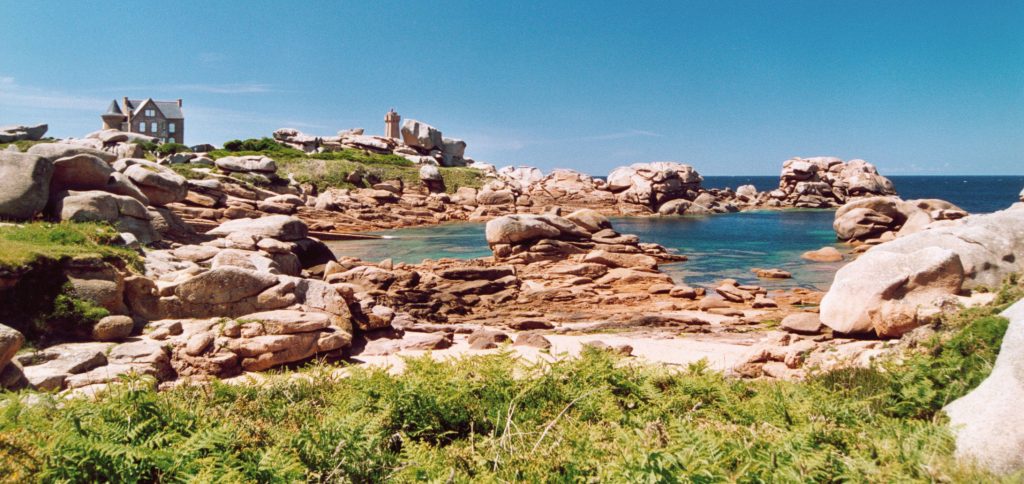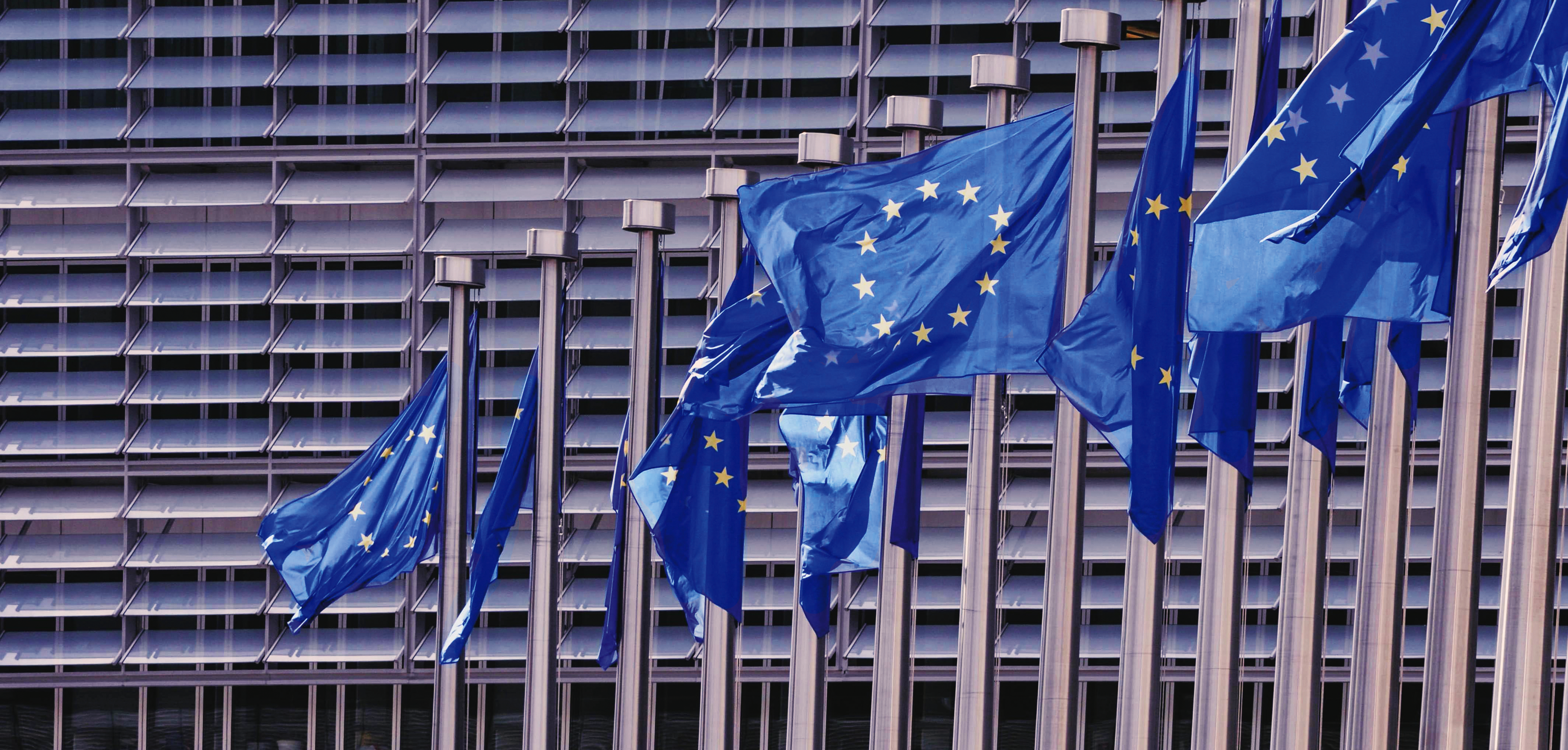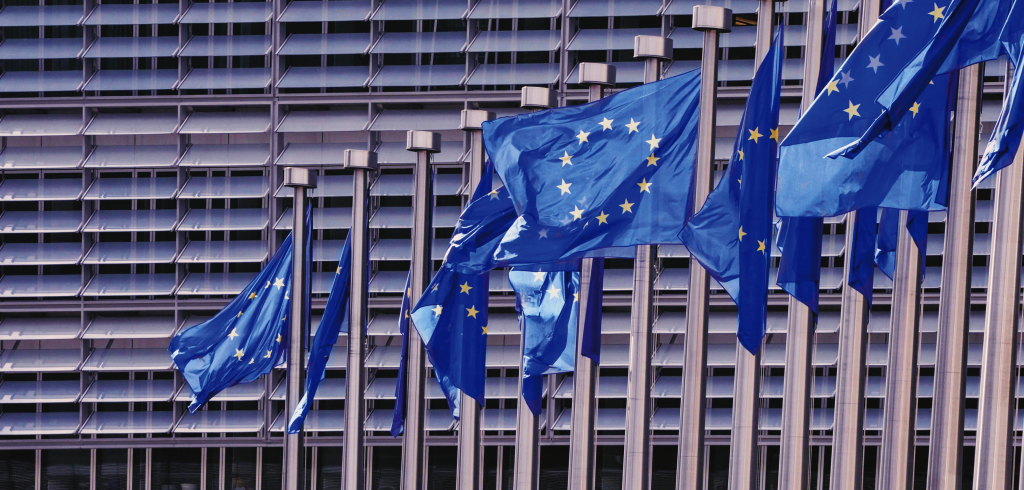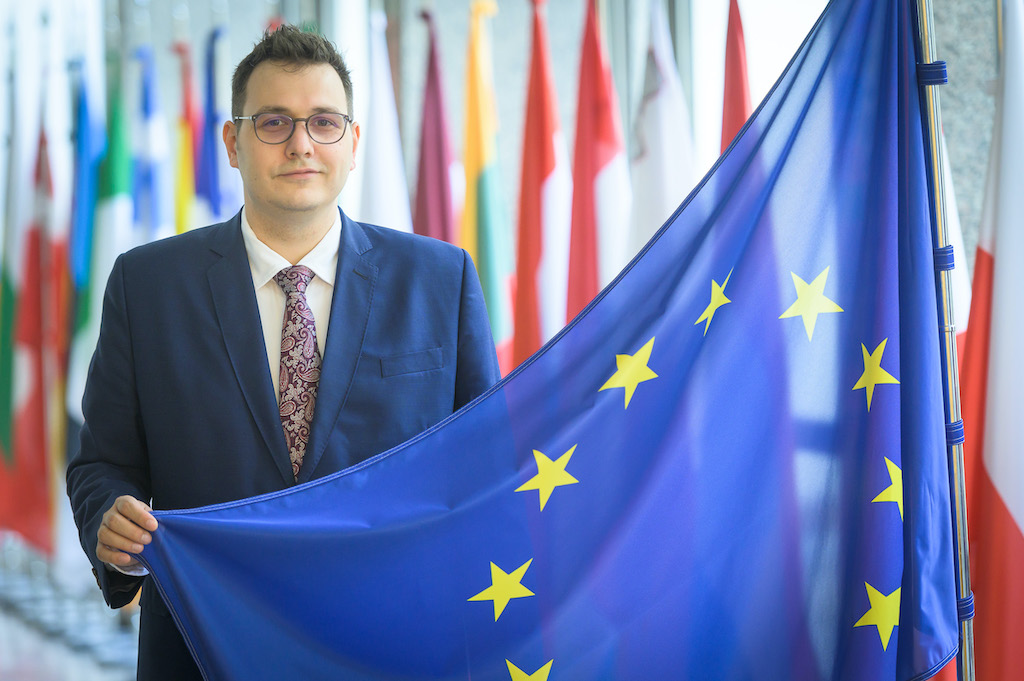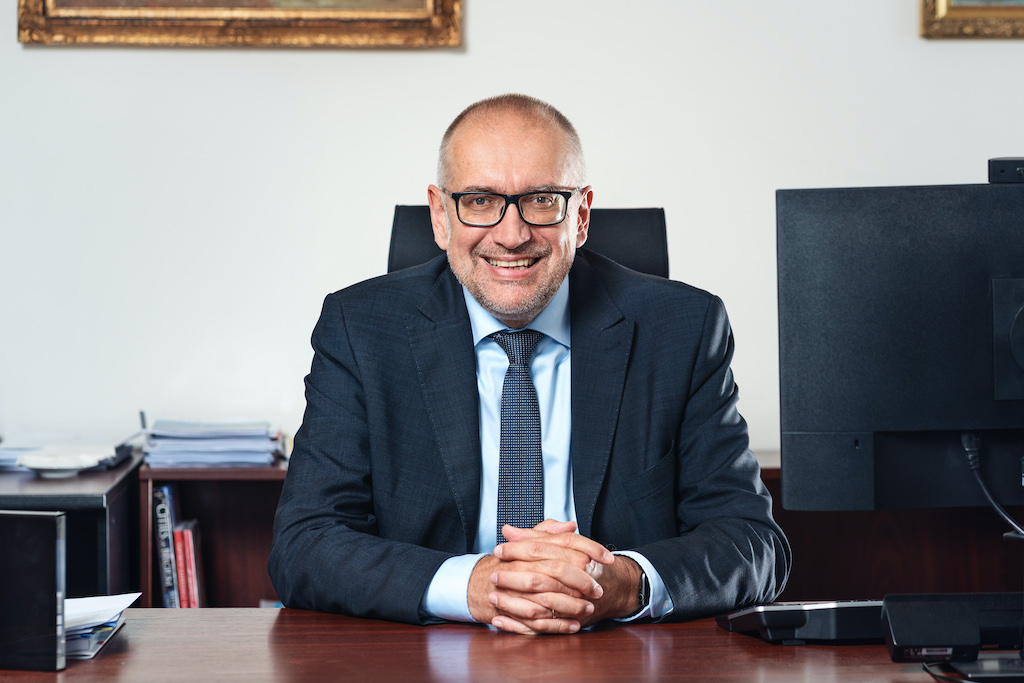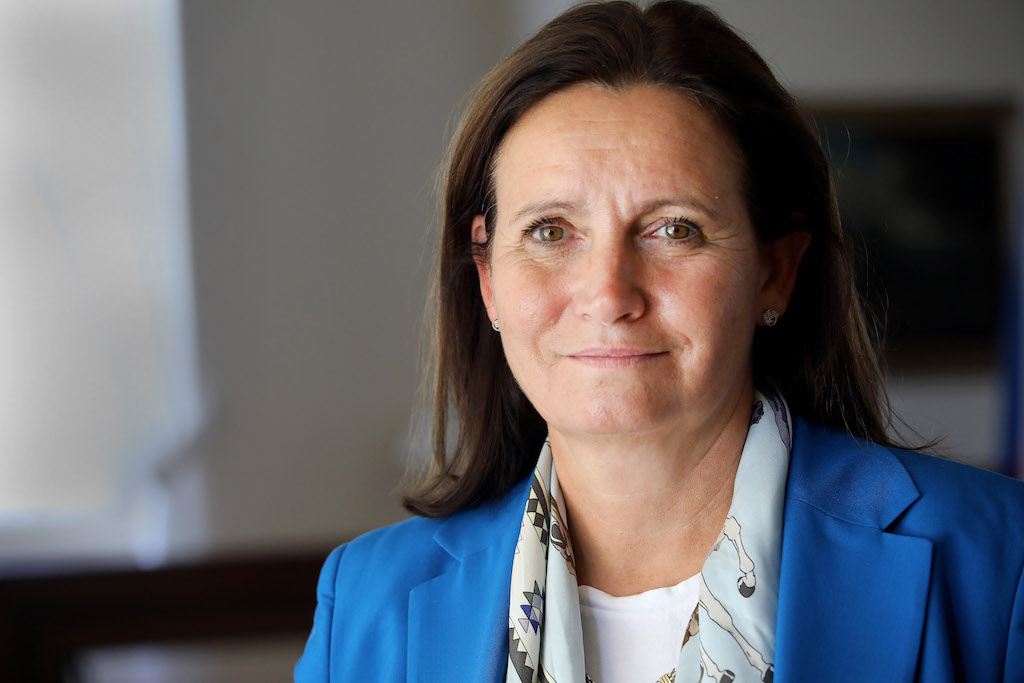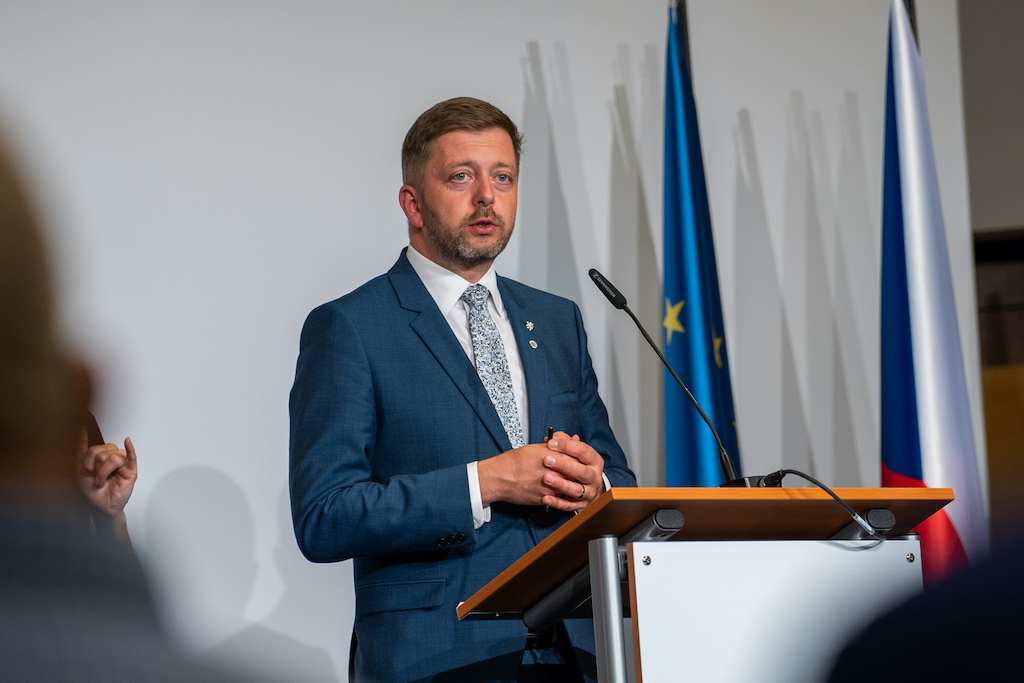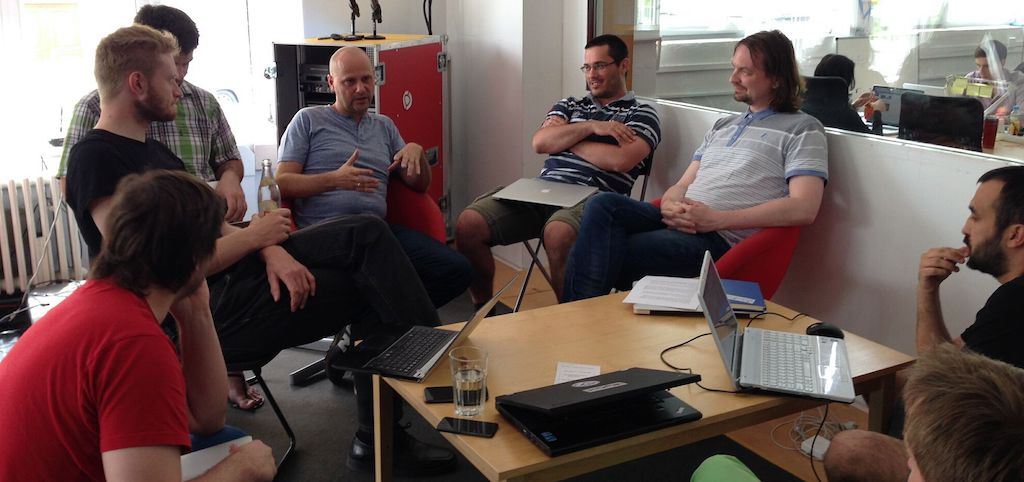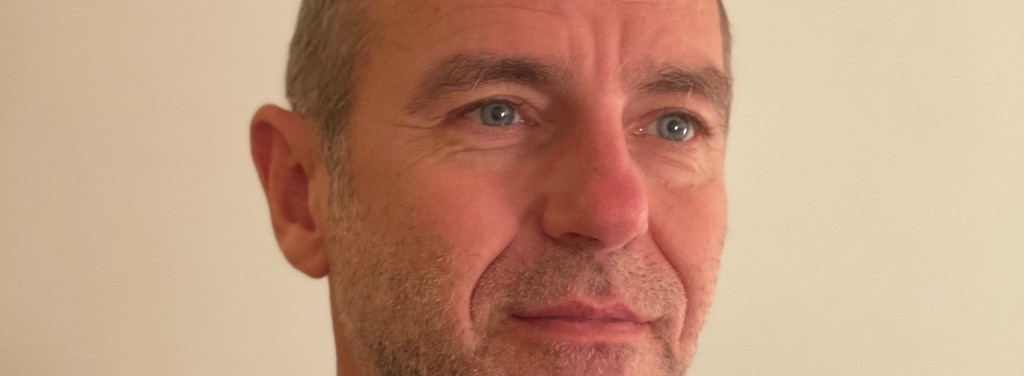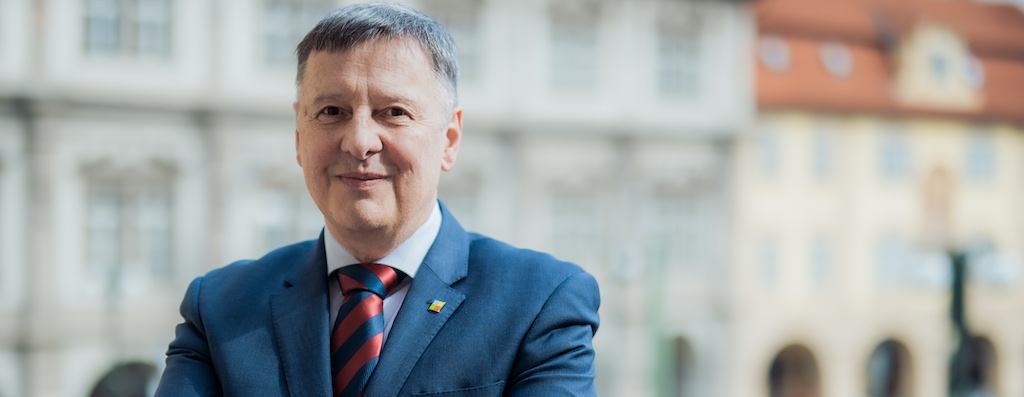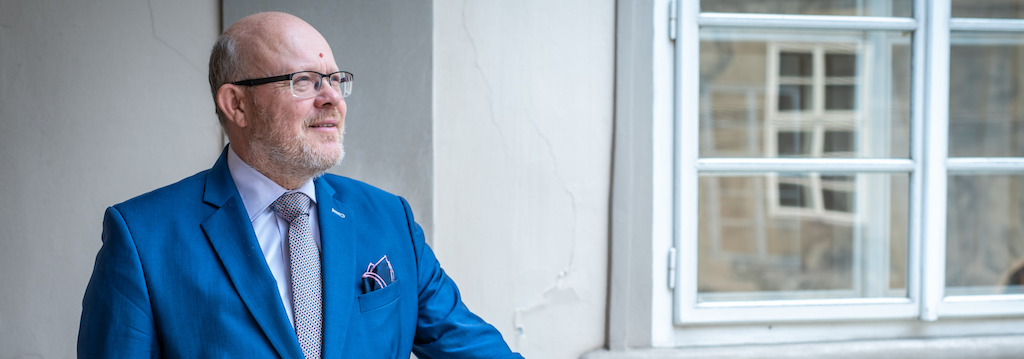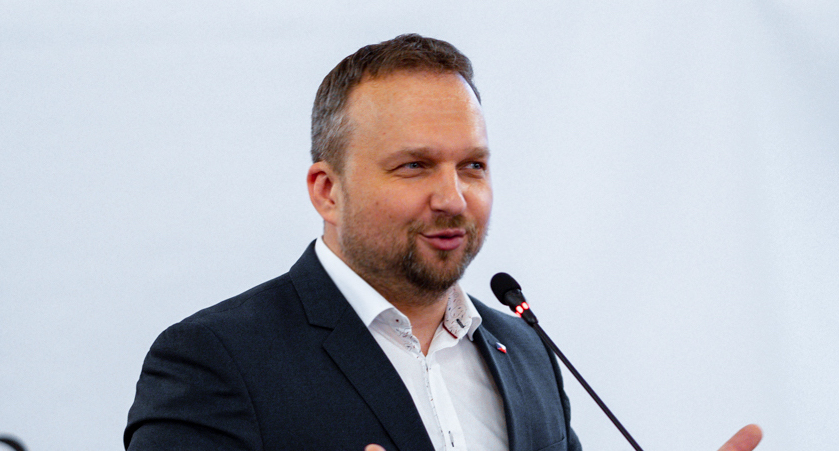Vice-President of the Regional Council of Bretagne in charge of Europe and International
 You are in charge of Europe and International. Can you tell us what characterises your delegation?
You are in charge of Europe and International. Can you tell us what characterises your delegation?
Forough Salami-Dadkhah. I am in charge of several areas: management of EU funds, relations with EU institutions, bilateral relations with other European and world Regions, and development aid. For a Region like Bretagne whose name is well known, we receive many requests for partnerships. What we are looking for are win-win situations, when interests are shared. It is the guarantee of fruitful and lasting partnerships that go beyond mere “twinning”. Moreover, for Bretagne, which is probably the most pro-European Region in France, a strong European commitment is natural.
With the Brexit, the European dimension of your delegation is even stronger. How do you perceive the impact of this event and has it changed the European strategy of the Region?
FSD. This decision was a shock to us, especially as we have very close relations with Wales which is a bit like our cousin Region. History and geography have made Bretagne very strong cultural and economic links with the United Kingdom, more than any other continental European region I think. Paradoxically, this has for the moment strengthened our determination to support European integration, which seemed to be threatened by the Brexit. And at the same time, it also pushed us to strengthen our ties with the Welsh in order to be certain that our friendship will survive Brexit. This has not yet taken place and it is impossible to predict how it will end. However, my intimate conviction is that one day the British will ask to rejoin the European Union. On this day, the Bretons will be happy to celebrate the return of a family member.
Bretagne wished to open its own representative office in Brussels. Is it to strengthen your presence and influence with European decision-makers?
FSD. This is not really new since Bretagne has a representative office in Brussels since the 1990s, one of the first French Regions to do so. It was natural because the Bretons have always been at the same time very European, and very aware that if they did not go regularly to Brussels to make themselves heard, it would be easy to forget this peninsula lost in the West from the continent. But it is true that until this year, Bretagne shared for cost reasons its Brussels offices with other French Regions. It is, in fact, the merger of the Regions that triggered this change, and also the fact that the French Regions now manage European funds directly. This led us to inaugurate at the beginning of the year the House of Bretagne in Brussels. And I believe that this will improve the visibility of our actions with European decision makers.
You are also working to strengthen the action of the Conference of Peripheral Maritime Regions of Europe (CPMR). Can you introduce us to this organisation and the role it plays in the Bretagne Region?
FSD. Bretagne plays a special role in this, since it has been a founding member of CPMR, and its headquarters are in Rennes. It is one of the oldest networks of communities in Europe, founded in 1973. The idea is simple: for peripheral and / or maritime territories, which are far from the demographic and economic core of Europe, it is more difficult to be heard. It was therefore logical to group together to express an atypical voice. In order to bring real added value, the CPMR has concentrated on a few areas of action in relation to the profile of its members: structural funds, maritime policy and transport. But it is even more than that: by bringing its 150 members into contact with the lesser known or less accessible territories in Europe, the CPMR contributes to the awareness that we Europeans share a common culture, that our differences are insignificant in the face of our common interests.
Beyond Europe, you cooperate with communities in the South and support regional actors involved in international solidarity. How does the Region intervene in development aid?
FSD. Indeed, like many other European Regions, we are the actors of so-called decentralised cooperation, that is to say development aid through cooperation between local authorities, without passing on to the national authorities . It is a work centered on concrete projects, complementary to the action carried out by the states or the European Union. For example, we cooperate with a Region of Burkina Faso to develop the vegetable sector, or with the Region of Grand’Anse in Haiti on the training of farmers. We act primarily as a coordinator of local actors, mostly associations that do remarkable work.
What is your position on Francophonie and its values, such as gender equality?
FSD. Francophonie is an asset, of course, internationally. It is always easier to understand one another when one speaks the same language. However, this should not be limited to countries that speak French because the world is so much more diverse. Francophonie is therefore not central to our international strategy. And let’s not forget that in Bretagne we do not speak only French! However, it is true that the values advocated by the organisation of Francophonie, such as cultural diversity, gender equality, democracy and the rule of law, have a universal scope that guides us in our work internationally.
LPPM. The Bretons have a very strong local identity, very deeply rooted. Is it an asset or a handicap in the age of globalisation?
FSD. I think that is a defining asset. I would even say that rooting is essential to be able to open up to globalization. In Brittany, the strength of identity allows people to know who they are, enabling them to open up to others in confidence, without fear of being challenged. The Bretons have always been great travelers and have been enriched by opening up to the world via the sea. This may seem paradoxical but this strong identity facilitates integration in Brittany. When you show your willingness to make your identity, without denying your identity, you are considered Breton, regardless of your place of birth or skin color. I myself am an excellent example. I was born and raised in Iran. But I live in Bretagne for a long time and I feel as much Iranian as Breton, French and European. I can assure you that the strength of this identity, it attracts, we envy it. There is nothing more modern.
To conclude and return to European issues, how do you see the future of the European Union?
FSD. We face immense challenges that only a continental union can address: climate change, regulation of world trade and capital movements, combating terrorism and organised crime, peace in Europe and its neighbourhood. It is illusory to think that divided nation-states will be able to respond. I believe that a series of recent events has provided a shock to a majority of Europeans: the annexation of Crimea by Russia, the vote in favour of the Brexit, the election of Donald Trump in the United States, terrorist attacks that play on borders … The financial crisis that arose ten years ago has shaken our confidence in Europe, but I dare say that the movement is in the process of reversing itself.
